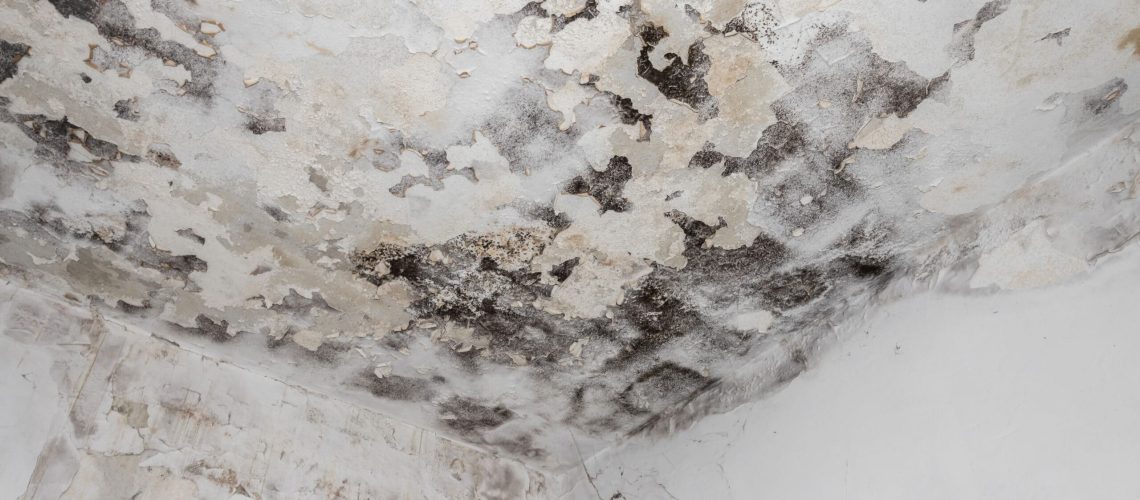Basement dampness can occur in both old and new homes, and basements are typically dark and wet spaces. Water vapors slowly rise from the soil below and find their way through the foundation, right to your floor and walls, causing basement condensation. Mold, musty odors, damaged walls and floors, and ruined furniture and belongings can all result from water in the basement. It’s critical to remove the water, address any underlying basement water issues, and take measures to keep your basement dry.
Basement moisture can cause serious problems for your house, ranging from structural damage to hazardous mold that is harmful to your health. So, what causes flooded basements? Let’s have a look!
Condensation
Condensation, often known as sweating, appears on basement floors and walls as water droplets, damp spots, or puddles. When moist, warm air collides with cool foundation walls or poorly insulated cold-water pipes, it dampens carpets, rusts appliances, and makes the basement humid. Condensation is frequently less difficult to resolve than other sources of basement moisture. Opening the windows to allow ventilation and using fans or dehumidifiers to dry out the moisture with no effort on your part is a simple solution.
Runoff
If your basement is particularly wet after a storm or snowfall, you’re probably dealing with runoff. When there is more water than the land can absorb, runoff occurs. This water can seep into your yard through gaps, pass through the top layer of soil, and ultimately into your basement. The most common cause of wet basements is rainwater or melting snow that is not channeled away from your home. Water is forced to travel through walls and cracks due to hydrostatic pressure. Runoff and wet basements moisture can be reduced by patching ground cracks.
Landscape grading
If the land around your home is not correctly graded, water from rain or snow, or even from washing your patio, yard, and driveway, will make its way into the basement. It should slope outwards from your house, not inwards, to allow any excess water to flow away from the area.
Defective or missing gutters or downspouts
Gutter and downspouts are designed to divert water away from your foundation. Defective or missing gutters and downspouts can exacerbate the problem with improper drainage outside your property. You risk flooding your basement if they become congested, damaged, or simply do not exist. Rainwater running off a roof can quickly overwhelm these drainage systems. We recommend cleaning the debris from within gutters on a regular basis for proper gutter maintenance. Also, make sure they’re secure in place and, if necessary, add extensions.
Poor subsurface drainage systems
It’s possible that your house doesn’t have a subsurface drainage system. Unlike newer homes, older homes’ basements were never intended to be used as living spaces. Clogged pipes, faulty links, and broken sump pits are all common problems in homes with drainage systems. It’s a good idea to inspect the drain tile and the sump pump if you find water leaking in your basement. Your basement can flood if your sump pump fails to prevent the water outdoors from entering your home.
Interior moisture sources
It is not uncommon for basement water to come from within the basement. The water in the basement was sometimes created there, and the source of this water is something we use on a daily basis. We’re talking about home appliances that make our lives easier – dryers, showers, humidifiers, but also newly built concrete. Another source of interior moisture could be broken or damaged plumbing pipes from showers, sinks, toilets, bathtubs, washing machine hoses, or any other type of plumbing you may have, which could result in massive flooding and serious damage in your basement.
Ventilation with humid outside air
Summer is a great time to let fresh air circulate through the basement, so we routinely open the windows. When we allow humid outside air to enter cool basements, it might result in condensation on the inside of the walls and ceilings. Many people mistakenly believe this is caused by other factors, such as water leaking, when it is actually caused by the humid air from the outside.
We have outlined some of the most typical causes of basement dampness, and it is now your mission to go and evaluate your basement for these issues. In the event that you find evidence of dampness in your basement, do not delay in taking action. The Dry Jersey team will be more than eager to help you!


